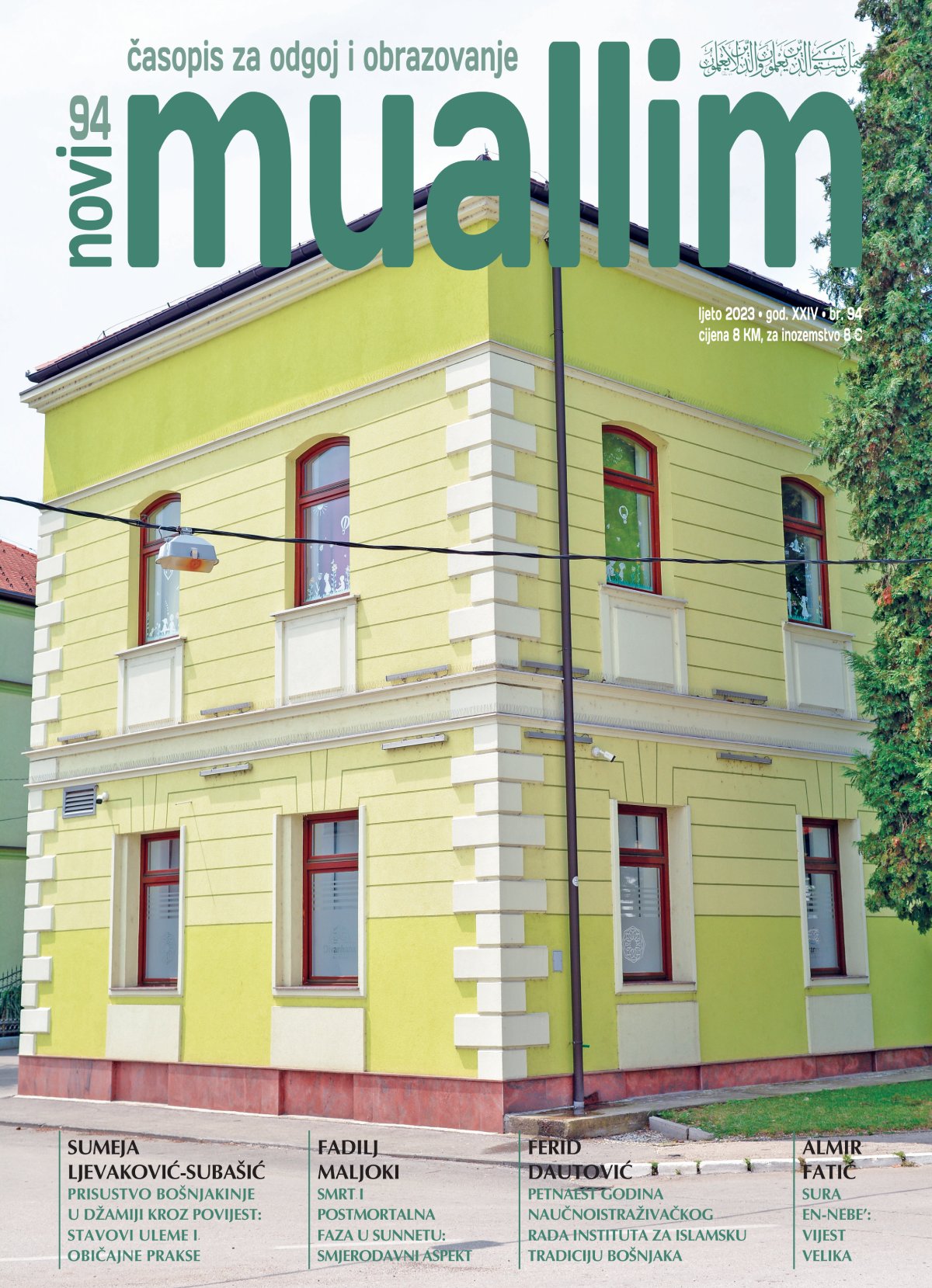Interaction of Nationalism, communitarianism and Liberalism
DOI:
https://doi.org/10.26340/muallim.v24i94.2034Keywords:
national state, nationalism, ideology, liberalism, communitarianismAbstract
UDK: 321.01:316.334:323.1]
In this article, we compare the three largest ideologies: nationalism (conservatism), communitarianism, and liberalism. We will first analyse all the three ideologies in order to compare them later. The aim of the work is to determine the models of interaction of these ideologies. Justification for carrying out this research lies in the fact that it is ideologies that determine political processes in general. These three ideologies were the cause of the largest-scale conflicts in human history. It is ideologies that determined the block divisions of the world. It is important to point out that modern ideologies emerged after the Theocentrism of the medieval age and essentially represent an attempt to substitute the Absolute as the central category. Modern social and political history is marked by tremulous interactions of conservativism, communitarianism, and liberalism. These ideologies in themselves are complex phenomena and tend to assume different forms. The link between these different ideologies is their common origin- the Enlightenment. By the end of the 19th century, the idea of nationalism appeared as a progressive concept. Nationalists were considered socio-political Avangard. Just about thirty years later, socialism emerged as a progressive idea, and socialists, consequently, were perceived as progressive. Globalization is the progressive idea of the present day and nationalism is today something that is passe. The three largest ideologies: communitarianism, conservatism, and liberalism, as a matter of fact, produce one another. This research is intra-disciplinary and sociological in character wherein we used a number of methods typical for social study, but primarily analytical methods: analysis, abstraction, specialization, and synthetic methods (synthesis, specialization, and generalization) were used.Ovo istraživanje je intradisciplinarnog, sociološkog, karaktera u kojem će biti zastupljeno niz metoda karakterističnih za društvena istraživanja, ali primarno analitičke metode: analize, apstrahovanja, specijalizacije i sintetičkih metoda: sinteze, specijalizacije i generalizacije. Ideologies have shaped the social processes in the past five hundred years thus the research in this field has significant social value. Thus a better understanding of ideologies will help in a better understanding of social processes.
Downloads
Published
How to Cite
Issue
Section
License

This work is licensed under a Creative Commons Attribution 4.0 International License.
Naknada:
a. Časopis ne naplaćuje naknadu za obradu članaka (APC) i naknadu za podnošenje članaka.
Autori koji objavljuju u ovom časopisu pristaju na sljedeće uvijete:
- Autori zadržavaju autorska prava i pružaju časopisu pravo prvog objavljivanja, pri čemu će rad jednu godinu po objavljivanju biti podložan licenci Creative Commons imenovanje koja omogućuje drugima da dijele rad uz uvijet navođenja autorstva i izvornog objavljivanja u ovom časopisu.
- Autori mogu izraditi zasebne, ugovorne aranžmane za ne-ekskluzivnu distribuciju rada objavljenog u časopisu (npr. postavljanje u institucionalni repozitorij ili objavljivanje u knjizi), uz navođenje da je rad izvorno objavljen u ovom časopisu.


